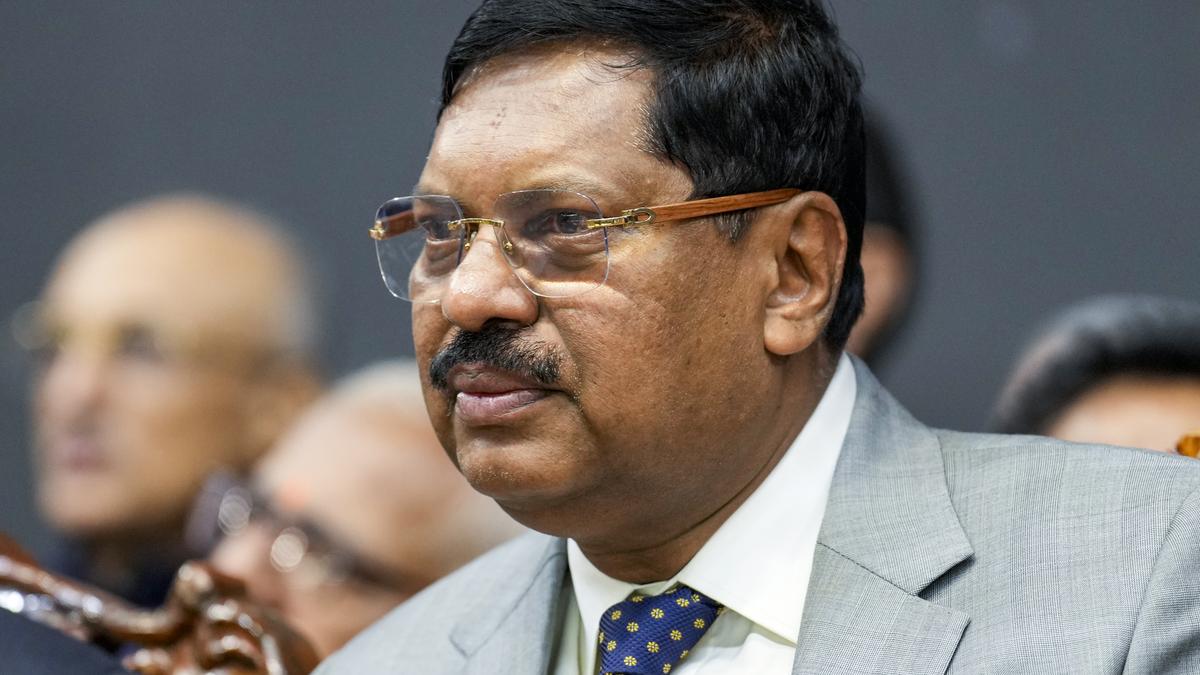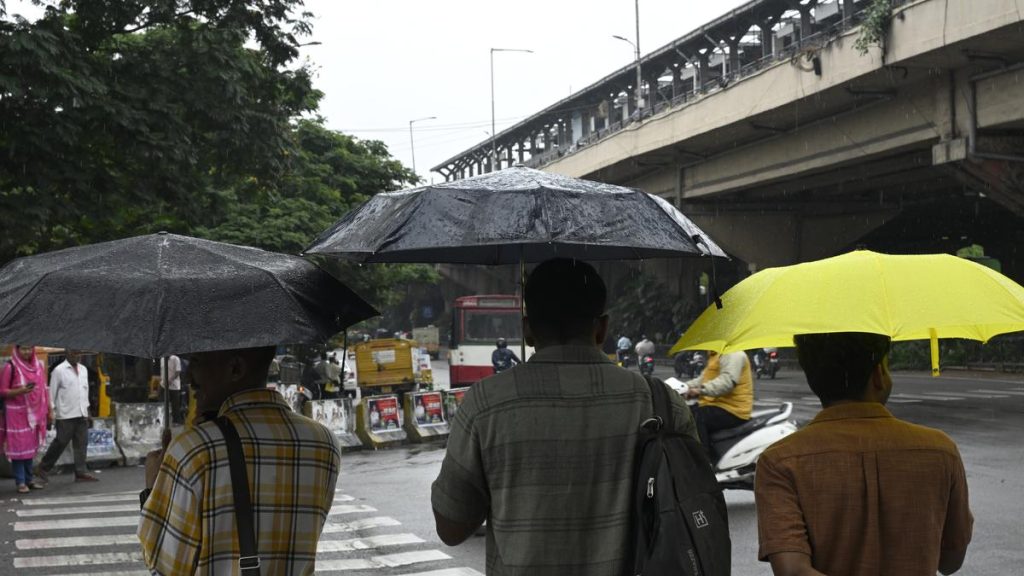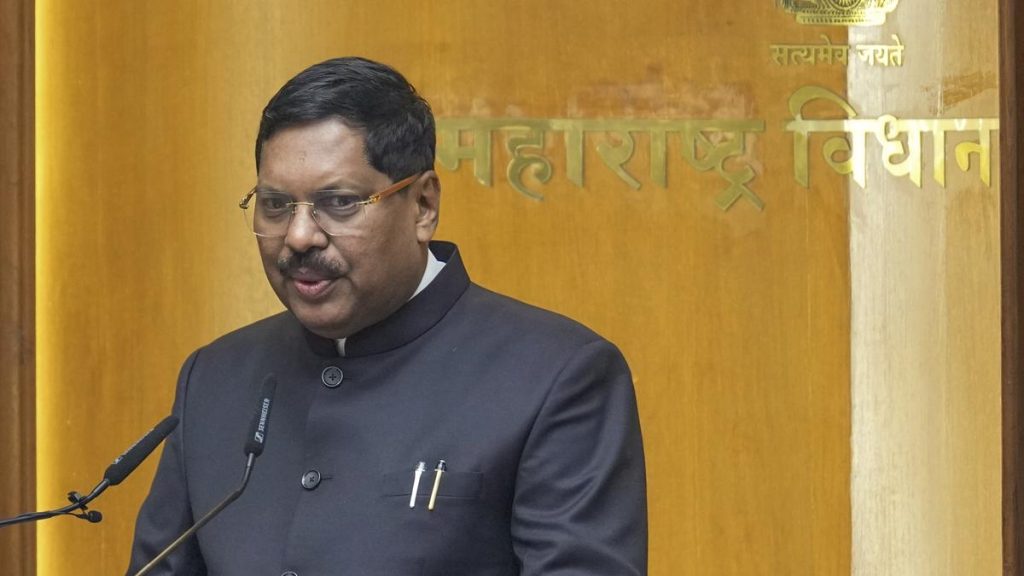Now Reading: Stay on Acquittal Should Be Rare, Says CJI
-
01
Stay on Acquittal Should Be Rare, Says CJI
Stay on Acquittal Should Be Rare, Says CJI

Swift Summary
- Chief justice of India (CJI) Remarks: Chief Justice B.R. Gavai stated orally that staying an acquittal judgment in appeal is a “rarest of rare” option.
- Case Mentioned: The remark was made during a lawyer’s mention of the Maharashtra government’s petition challenging the Bombay High Court verdict acquitting 12 convicts from the 2006 Mumbai train blasts case.
- Bombay High Court Judgement: The court resolute that prosecution failed to prove guilt beyond reasonable doubt, overturning a previous MCOCA court judgment which sentenced five convicts to death and seven to life imprisonment.
- Counsel Request & Listing Dates: Solicitor General requested early listing; CJI agreed to listen to appeals on July 24 considering translation disputes in case records.
- 2006 Mumbai Train Blasts Incident: Seven synchronised bomb blasts occurred on mumbai suburban trains, killing 187 people and injuring about 824 others.
Indian Opinion analysis
The oral observation by Chief Justice Gavai underscores the judicial principle that overturning acquittals requires remarkable scrutiny, as criminal convictions demand proof beyond reasonable doubt-a cornerstone of justice systems globally. This raises significant implications for cases adjudicated under special acts like MCOCA, were procedural integrity is critical given their severe penalties.
For India, this ongoing legal review could shape broader debates around reforming investigative practices and openness within high-stakes prosecution cases involving mass casualties or terrorism charges. Balancing justice for victims while upholding robust legal standards remains a sensitive but essential undertaking.Read More






















